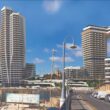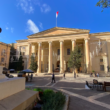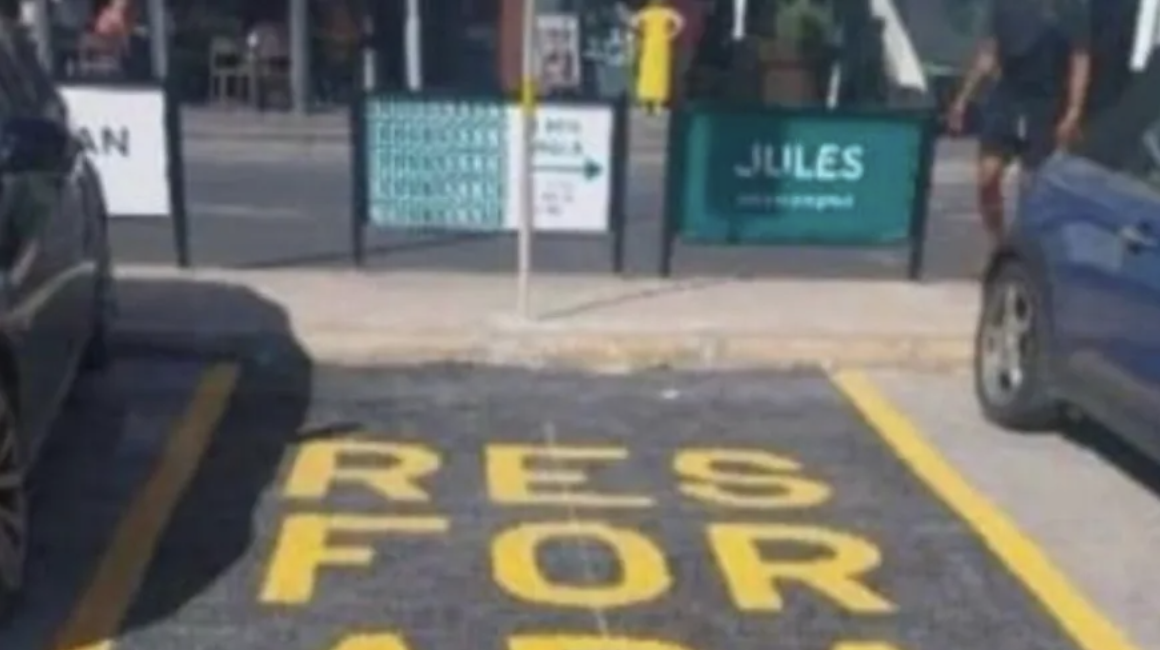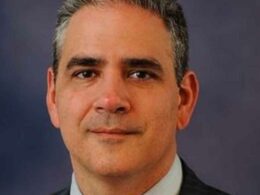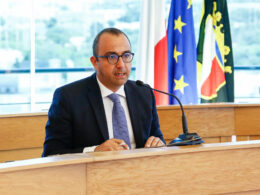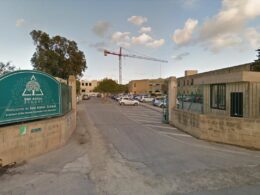Jason Azzopardi’s reserved parking space in Sliema has ignited a political debate. What was allegedly intended as a measure to enhance his security has instead turned into an embarrassing spectacle. Prime Minister Robert Abela openly criticised the reserved spot as an undeserved privilege and defended the pundits who opposed its assignment. In response to those who condemned the disclosure of Azzopardi’s vehicle registration, Abela countered that “everyone knows whose number plate it is.” However, there is no evidence to support this claim, and the assignment of the parking space has only amplified public attention on Azzopardi’s movements, raising serious doubts about the effectiveness of this so-called security measure. Clearly, those responsible for assessing Azzopardi’s risk should have anticipated the new dangers created by the public backlash and the heightened exposure that followed.
This is more than just a parking space. It’s about the Malta police that talks about security while delivering favours that look suspiciously like political perks. And it’s about how the handling of this situation has backfired, putting Azzopardi in more danger, not less.
Abela Criticises Privilege, But Misses the Mark

Prime Minister Abela made it clear that he disapproved of the assignment of a reserved parking space to Jason Azzopardi, labelling it as an inappropriate privilege. His criticism appeared to reflect public frustration, especially given the scarcity of parking in areas like Sliema. However, when Abela claimed that Azzopardi’s car was easily identifiable he missed the point entirely. There is no evidence to suggest that the registration plate was well-known before this controversy. Instead, Abela’s comments shifted the spotlight onto Azzopardi’s movements and increased public scrutiny. Rather than solving the issue, his remarks have only raised more questions.
Why was Azzopardi, a high-profile critic of government figures, granted such a rare and valuable perk in the first place? Reserved parking in Sliema, one of the most congested areas in Malta, is a luxury that many residents can only dream of. Far from offering genuine protection, this so-called “security measure” has done little more than turn Azzopardi’s movements into a public spectacle.
If the original intention was to safeguard Azzopardi, it has catastrophically backfired. The public revelation of his reserved spot has now made his car, his residence and his whereabouts more identifiable, increasing the risks he faces rather than reducing them. This episode has become a textbook example of the “Streisand effect,” where attempts to conceal information only serve to amplify its visibility. In trying to protect Azzopardi, the government has instead made him a larger target for public and media scrutiny.
Public Outrage: A Litmus Test for Political Trust
The backlash has been swift, with social media ablaze with criticism. Public sentiment has overwhelmingly condemned the decision as yet another example of political favouritism or appeasement. One frustrated commenter pointed out, “Why should Azzopardi get special treatment while the rest of us struggle to park in Sliema? This has nothing to do with security and everything to do with privilege.”
Another user sarcastically remarked, “Is a reserved parking spot supposed to stop someone from threatening him? If this is how the government ‘protects’ its critics, no wonder people are losing faith.” These comments reflect widespread disbelief that a reserved parking space could ever be justified as a serious security measure. Instead, it’s seen as a glaring example of how a vocal critic is allowed to twist arms for its own benefit.
The more one digs into the reasoning behind this reserved parking spot, the clearer it becomes that it was never truly about security. If Azzopardi were genuinely under threat, a parking space in a public area would hardly be sufficient protection. What is needed in such cases is far more robust security, including personal protection and surveillance—not a parking perk in Sliema’s congested streets.
It is evident that this was more of a political concession than a legitimate effort to protect Azzopardi. The government may have hoped that this quiet gesture would pacify a vocal critic, but the public outcry has transformed it into a political debacle. Azzopardi and the anti-corruption organisation Repubblika have since framed the issue as one of safety for government critics, accusing the authorities of increasing public resentment against activists. This highlights the failure of government to manage the narrative.
Real Security: A Government’s Responsibility
The core issue remains: if Jason Azzopardi is under credible threat, why is the government not taking proper steps to protect him? They should be deploying round-the-clock police protection, surveillance at his residence, and regular patrols. Genuine security requires far more than superficial gestures that merely create the illusion of safety.
For many in Malta, this issue is another sign of the growing disconnect between the authorities and the people. It highlights the persistent issue of political privilege, where the rules seem to apply differently for those wielding power. If you share these concerns, now is the time to act. Share this article on social media, raise your voice, and demand accountability from those responsible.

